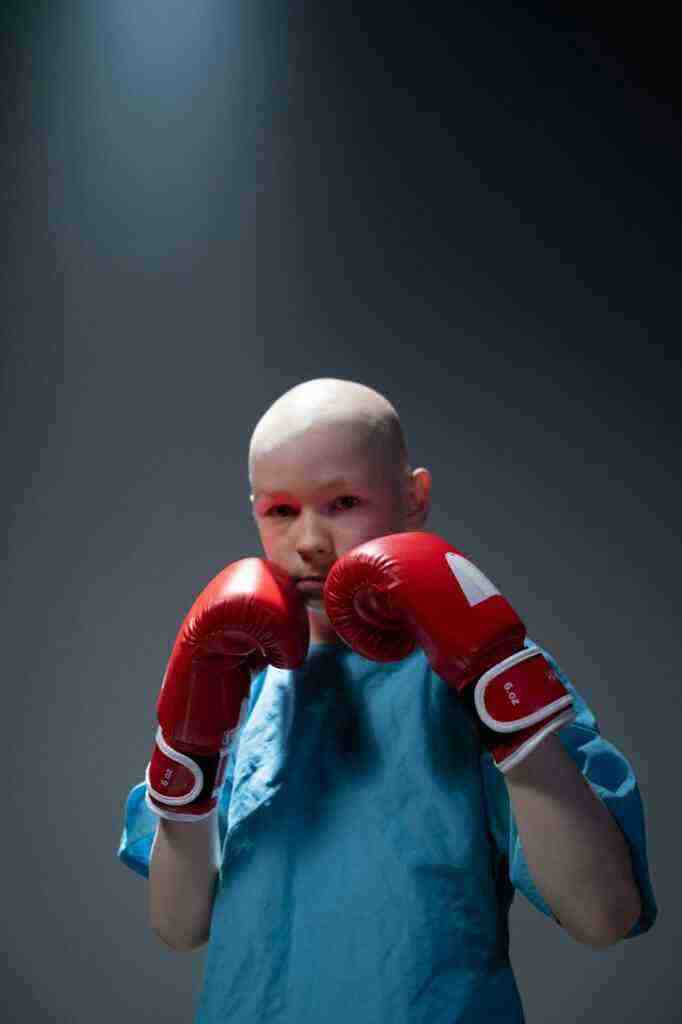Entrepreneur Selling Supposedly Healing Ear Seeds Under Fire for Allegedly Preying on Vulnerable Individuals
In the realm of alternative medicine, a glamorous entrepreneur named Giselle Boxer has found herself embroiled in a storm of controversy. Boxer, hailing from Sheffield, made a grand appearance on the renowned TV show Dragons’ Den, seeking an investment of £50,000 for a 10% stake in her business venture, Acu Seeds. However, her attempt to showcase her gold-plated ear seeds as a cure-all for various ailments, including the debilitating chronic fatigue syndrome (ME), has drawn the ire of medical professionals, ME sufferers, and consumer advocates alike.
Claims of “Snake Oil” and Misleading Advertising
Boxer’s assertions that Acu Seeds can heal a multitude of illnesses, including ME, have been met with widespread skepticism. Dr. Charles Shepard, an esteemed medical advisor for The ME Association, expressed grave concerns over the promotion of Acu Seeds as a treatment for ME/CFS, emphasizing the dire lack of scientific evidence to support its efficacy. He decried the ethical implications of offering false hope to individuals suffering from severe illnesses, exploiting their desperate desire for relief for financial gain.
The ME Association has taken decisive action by filing a complaint with the Advertising Standards Agency, alleging that Acu Seeds is being marketed with unsubstantiated therapeutic claims. They have also reached out to the BBC and relevant authorities, expressing their alarm at the targeting of vulnerable ME/CFS patients, often burdened with limited financial resources, with misleading information.
Social Media Backlash and Ethical Concerns
The public outcry against Boxer and her Acu Seeds business has been amplified through social media platforms. ME sufferers and healthcare advocates have united in their condemnation, accusing Boxer of peddling “snake oil” and preying upon the most vulnerable and severely ill members of society. Some have likened her actions to “scamming cancer patients,” while others have labeled her business as “highly unethical.”
Boxer’s personal journey with ME, which she shared on Dragons’ Den, has also come under scrutiny. She recounted her transformation from an active advertising executive to a housebound individual, unable to walk for more than a few minutes without needing to rest. Her claim to have recovered from ME in less than 12 months using acupuncture, Chinese herbs, and ear seeds has been met with skepticism, given the lack of scientific evidence supporting such a rapid recovery.
Financial Success Amidst Controversy
Despite the swirling controversy, Boxer has achieved financial success with Acu Seeds. In her first year of operation, she reportedly generated an impressive £92,000 in revenue, pocketing a £31,000 salary while securing a healthy net profit. However, the ethical implications of her marketing practices and the promotion of an unproven treatment have overshadowed her financial gains, raising concerns among healthcare professionals and patient advocacy groups.
Unanimous Offers on Dragons’ Den and Bartlett’s Investment
Boxer’s appearance on Dragons’ Den garnered unprecedented attention when she received offers from all six judges, a historic moment in the show’s history. While most judges offered the full £50,000 she requested for a 10% stake in her business, Steven Bartlett, a prominent entrepreneur and podcaster, proposed a slightly different deal: £50,000 for a 15% stake. Boxer ultimately accepted Bartlett’s offer, citing a spiritual connection and his potential to contribute to the growth of her business.
Conclusion: A Cautionary Tale of Alternative Medicine and Ethical Marketing
The controversy surrounding Giselle Boxer and her Acu Seeds business serves as a stark reminder of the complexities of alternative medicine, the importance of evidence-based treatments, and the ethical considerations involved in promoting unproven therapies to vulnerable populations. The case highlights the need for critical evaluation and responsible marketing practices in the healthcare industry, emphasizing the importance of protecting vulnerable individuals from exploitation and ensuring their access to safe and effective treatments.
